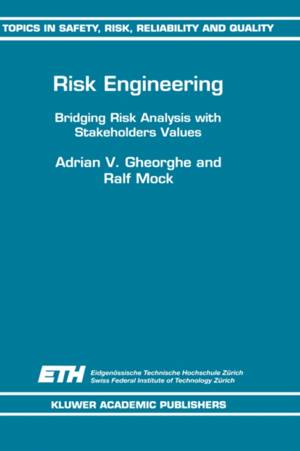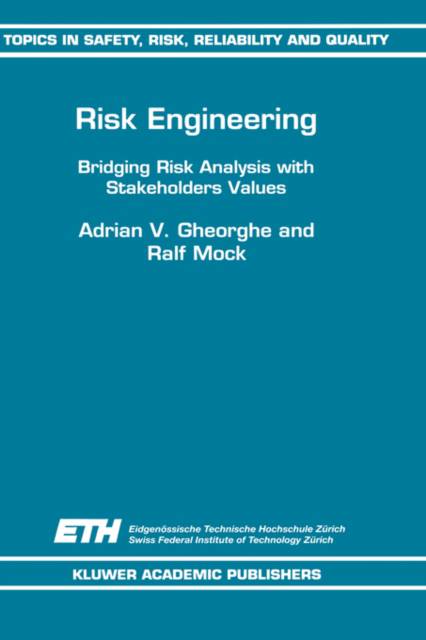
- Afhalen na 1 uur in een winkel met voorraad
- Gratis thuislevering in België vanaf € 30
- Ruim aanbod met 7 miljoen producten
- Afhalen na 1 uur in een winkel met voorraad
- Gratis thuislevering in België vanaf € 30
- Ruim aanbod met 7 miljoen producten
Zoeken
€ 223,95
+ 447 punten
Omschrijving
Industrial development is essential to improvement of the standard of living in all countries. People's health and the environment can be affected, directly or indirectly by routine waste discharges or by accidents. A series of recent major industrial accidents and the effect of pollution highlighted, once again, the need for better management of routine and accidental risks. Moreover, the existence of natural hazards complicate even more the situation in any given region. In the past effort to cope with these risks, if made at all, have been largely on a plant by plant basis; some plants are well equipped to manage environmental and health hazards, while others are not. Managing the hazards of modern technological systems has become a key activity in highly industrialised countries. Decision makers are often confronted with complex issues concerning economic and social development, industrialisation and associated infrastructure needs, population and land use planning. Such issues have to be addressed in such a way that ensures that public health will not be disrupted or substantially degraded. Due to the increasing complexity of technological systems and the higher geographical density of punctual hazard sources, new methodologies and a novel approach to these problems are challenging risk managers and regional planers. Risks from these new complex technological systems are inherently different form those addressed by the risk managers for decades ago.
Specificaties
Betrokkenen
- Auteur(s):
- Uitgeverij:
Inhoud
- Aantal bladzijden:
- 273
- Taal:
- Engels
- Reeks:
- Reeksnummer:
- nr. 6
Eigenschappen
- Productcode (EAN):
- 9780792355748
- Verschijningsdatum:
- 31/03/1999
- Uitvoering:
- Hardcover
- Formaat:
- Genaaid
- Afmetingen:
- 156 mm x 234 mm
- Gewicht:
- 585 g

Alleen bij Standaard Boekhandel
+ 447 punten op je klantenkaart van Standaard Boekhandel
Beoordelingen
We publiceren alleen reviews die voldoen aan de voorwaarden voor reviews. Bekijk onze voorwaarden voor reviews.











